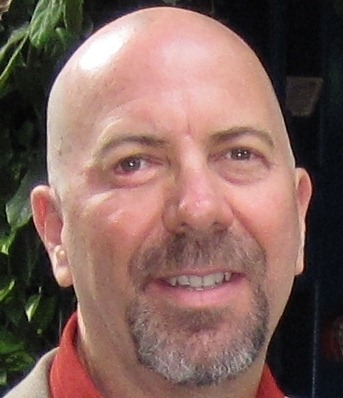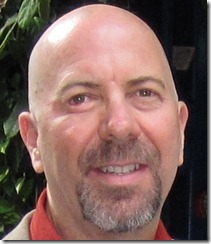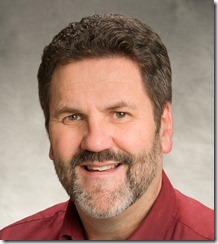Today is part 2 from Monday’s interview with Bob Bunge and Ed Hill.
,
Q: Should students consider competitions in any computer tech areas, particularly cloud computing, as a way to stand out and test skills?
Bob: Absolutely! There are many good options: CyberPatriot, Imagine Cup, Skills USA, etc. Competitions are highly motivational.
Q: In all jobs there is a certain amount of competition. How does the student who enters computer technology fields prepare for competition?
Bob: Practice, practice, practice! You get good at competing by competing. That’s why our club members get the best jobs – they’ve been performing under stress for years. They know what to do when under pressure.
Q: Does a global perspective play a major part in the computer technology world? What is the best way students or job candidates obtain this kind of outlook?
Bob: The tech world is totally global. In addition to tech, take one or more foreign languages. Study abroad if you can. Be open to other cultures.
Ed: There is no doubt that companies have to think about the larger global market, and employees need to be aware of this. The good news for cloud developers is that there are so many opportunities here in the U.S. Many of the big cloud players such as Amazon, Google, Microsoft, etc. are here in the U.S. Many U.S.-based companies are taking advantage of the cloud, and hiring developers to migrate applications, create solutions for systems integration, and more.
A well-rounded citizen has broad cultural perspective, so students should always be thinking beyond their neighborhood. The Internet gives us an easy, low-cost way to explore culture, the arts, and history from around the world. Anything students can do to diversify their interests will help them become more comfortable with the global economic environment.
Q: What are other competencies that a student or job seeker in this field should have? How can they increase their value other than coursework and entering competitions?
Bob: The successful job seeker will have a track record of leadership and performance. Volunteer. Give back to the community. Develop worthy projects and deliver results. Document your positive outcomes. Speak in public. Show that you can reach out to others.
Q: What are some of the challenges in finding talent? What skill is missing from the current talent pool?
Bob: In general, the world has become incredibly over-complicated and demanding. We need people who can navigate that complexity. We need students who are street-smart as well as school-smart. Don’t spend all day behind a keyboard or staring at a rectangular screen! Learn how to live in your own skin. Work with your hands and face-to-face as well as online. Intuition and emotional intelligence will take you a long way. The tech industry looks for the right personalities to join high-performance teams. So find your personal voice – and bring it to the interview!
Ed: We constantly hear from employers that the big gap is in the soft skills. Managers and team leaders are more than happy to help students develop their technical skills. They are really looking for students that can solve problems and communicate well.
Q: Is it true that the lack of talent/skills in cloud computing can lessen the value in this field? Please explain.
Ed: I don’t think cloud-specific skills are required, as long as the student is willing to keep developing. Fortunately, there are free or low-cost ways for students to pick up cloud computing skills. I always encourage students to explore as much as possible so that they can make themselves attractive to potential employers. Students do not have as much choice with entry-level positions. They may want to move into cloud development, but that may not necessarily be their first job out of school. Students need to have realistic expectations, be flexible, and willing to constantly learn new skills.
About Mark Anthony Dyson
I am the "The Voice of Job Seekers!" I offer compassionate career and job search advice as I hack and re-imagine the job search process. You need to be "the prescription to an employer's job description." You must be solution-oriented and work in positions in companies where you are the remedy. Your job search must be a lifestyle, and your career must be in front of you constantly. You can no longer shed your aspirations at the change seasons. There are strengths you have that need constant use and development. Be sure you sign up to download my E-Book, "421 Modern Job Search Tips 2021!" You can find my career advice and work in media outlets such as Forbes, Inc., Fast Company, Harvard Business Review, Glassdoor, and many other outlets.


